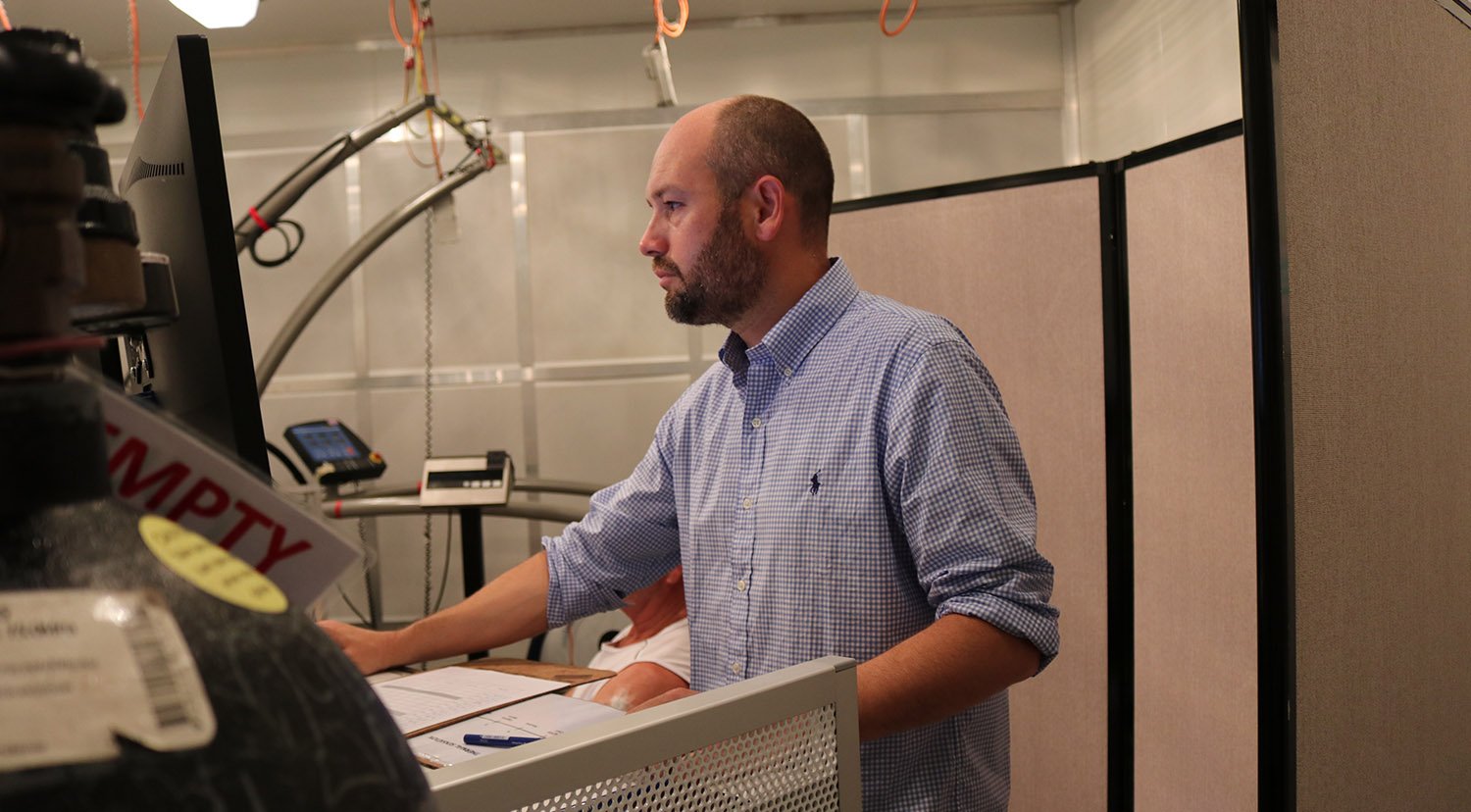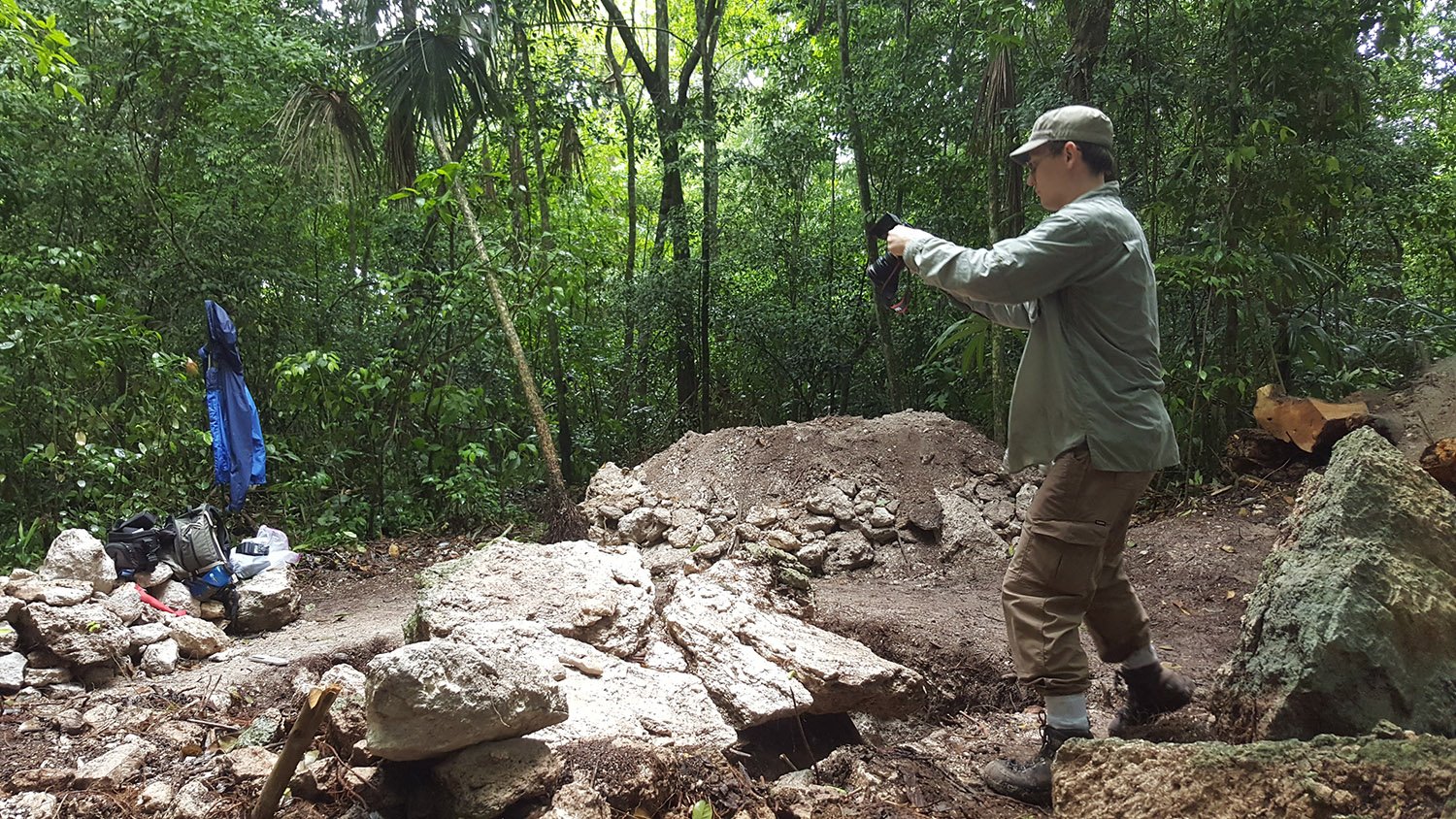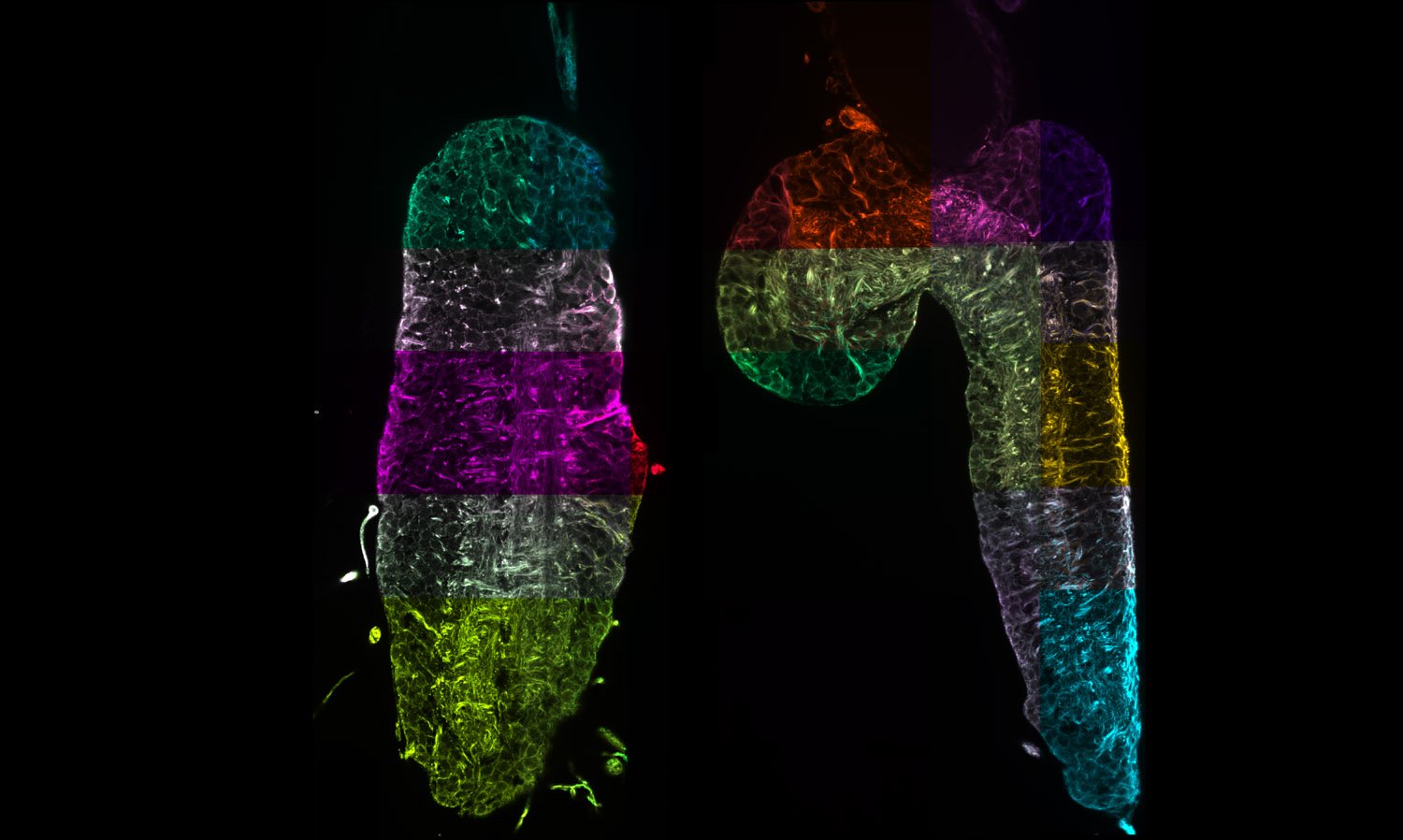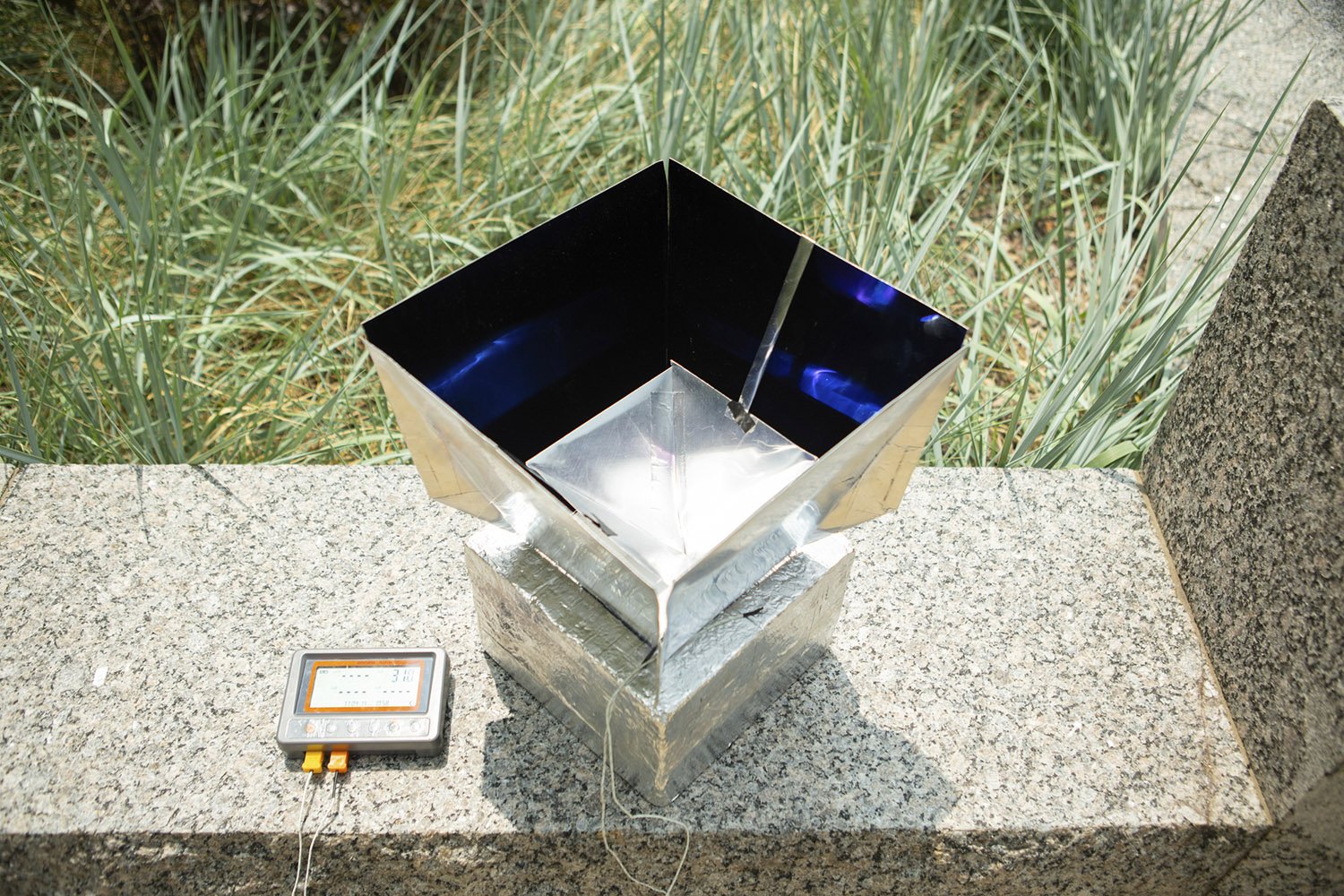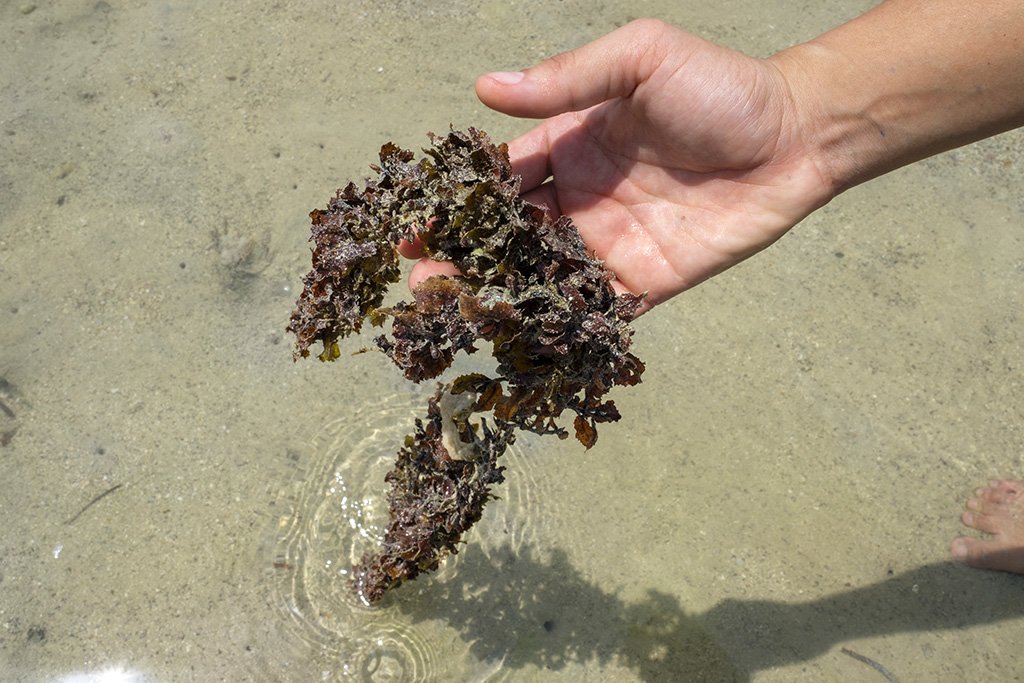Road verges provide refuge for pollinators
With many pollinator species in decline, the University of Exeter study shows verges can provide food and a home for pollinators such as bees, butterflies and hoverflies. But the study emphasises that not all verges are equal. It found pollinators prefer less busy roads and areas deeper into verges. It also found that cutting verges … Read more

